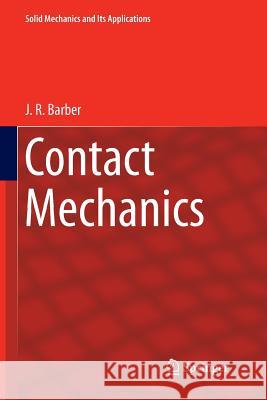Contact Mechanics » książka
topmenu
Contact Mechanics
ISBN-13: 9783319890173 / Angielski / Miękka / 2019 / 585 str.
Kategorie:
Kategorie BISAC:
Wydawca:
Springer
Seria wydawnicza:
Język:
Angielski
ISBN-13:
9783319890173
Rok wydania:
2019
Wydanie:
Softcover Repri
Ilość stron:
585
Waga:
0.83 kg
Wymiary:
23.39 x 15.6 x 3.1
Oprawa:
Miękka
Wolumenów:
01
Dodatkowe informacje:
Bibliografia
Wydanie ilustrowane
Wydanie ilustrowane











